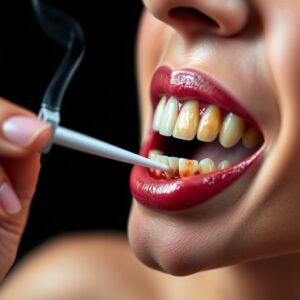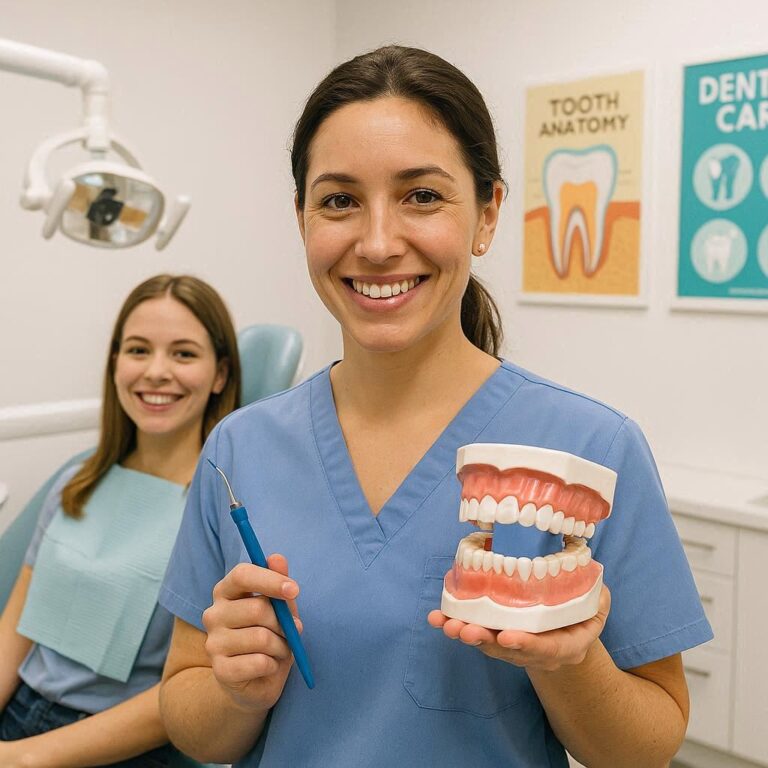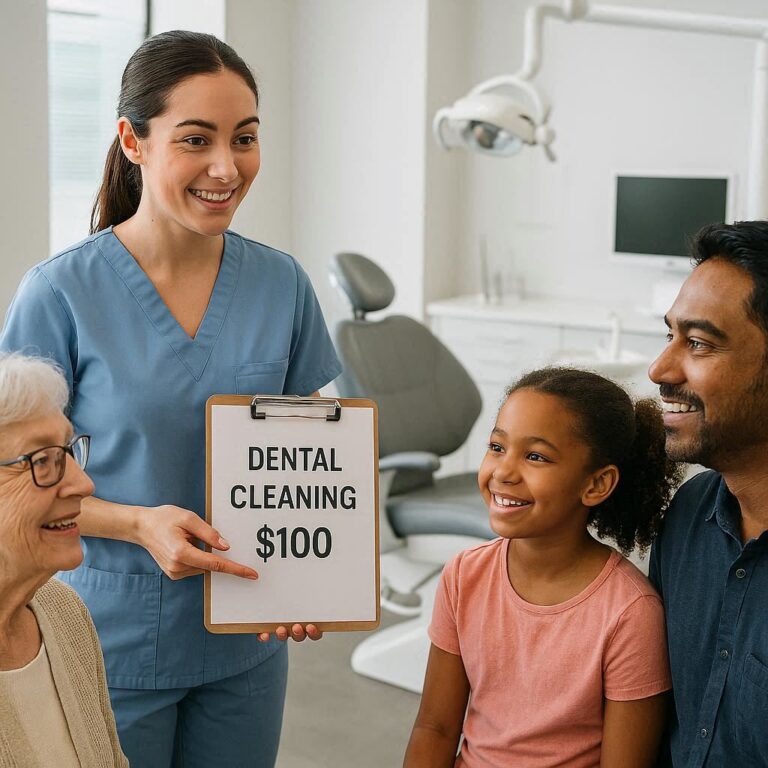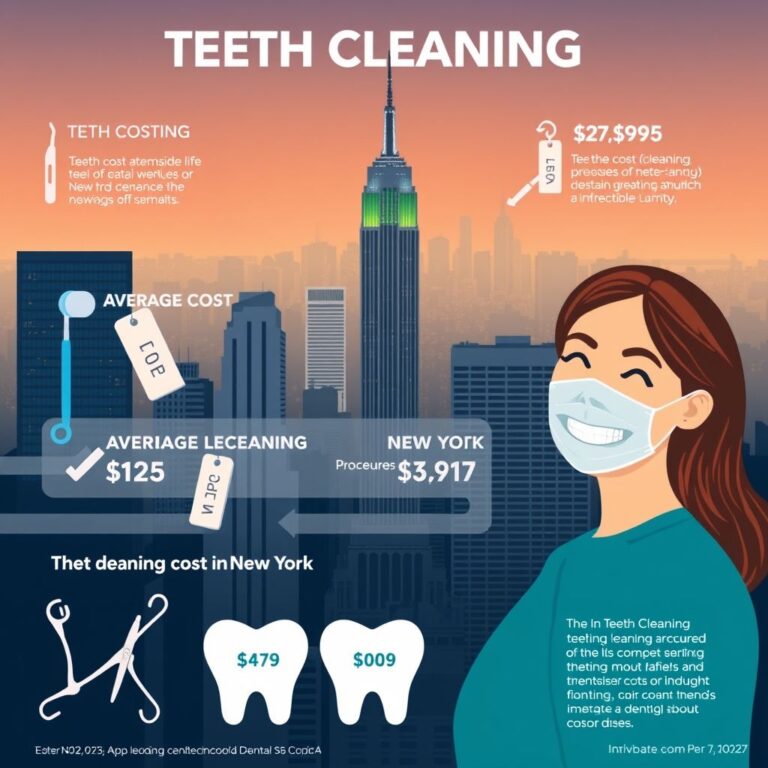The Comprehensive Guide to the Cost of Cleaning Teeth Stained by Smoking
Smoking doesn’t just harm your lungs—it wreaks havoc on your teeth. Yellow and brown stains, bad breath, and increased risk of gum disease are just a few consequences of tobacco use. For smokers, professional teeth cleaning isn’t just about aesthetics; it’s a crucial step in maintaining oral health.
But how much does it cost to clean smoking-stained teeth? The price varies depending on the severity of staining, the type of treatment, and whether insurance covers it. This comprehensive guide explores all available teeth-cleaning options for smokers, their costs, and long-term solutions to keep your smile bright and healthy.

2. How Smoking Affects Teeth
Types of Teeth Stains Caused by Smoking
Smoking introduces tar and nicotine into your mouth, which cling to enamel and cause stubborn discoloration. There are two main types of stains:
-
Extrinsic stains: Surface-level discoloration caused by tar and nicotine buildup.
-
Intrinsic stains: Deeper, yellowish stains that penetrate the enamel due to prolonged smoking.
Long-Term Dental Damage from Smoking
Beyond stains, smoking leads to:
-
Increased plaque and tartar buildup
-
Higher risk of gum disease (periodontitis)
-
Tooth decay and loss
-
Oral cancer
Regular dental cleanings are essential to combat these effects.
3. Professional Teeth Cleaning Options for Smokers
1. Routine Dental Cleaning (Prophylaxis)
-
What it does: Removes surface stains, plaque, and tartar.
-
Best for: Mild to moderate staining.
-
Frequency: Every 6 months.
2. Deep Cleaning (Scaling and Root Planing)
-
What it does: Targets gum disease by cleaning below the gumline.
-
Best for: Smokers with early-stage periodontitis.
-
Frequency: As recommended by a dentist (often 1-2 times a year).
3. Teeth Whitening Treatments
-
In-Office Whitening: Strong bleaching agents for immediate results.
-
Take-Home Kits: Custom trays with whitening gel for gradual improvement.
4. Advanced Stain Removal Techniques
-
Air Polishing: Uses a high-pressure stream of air, water, and baking soda.
-
Laser Whitening: Faster and more effective for severe stains.
4. Cost Breakdown of Teeth Cleaning for Smokers
Average Costs by Procedure
| Procedure | Average Cost (USD) | Duration |
|---|---|---|
| Routine Cleaning | $75 – $200 | 30-60 minutes |
| Deep Cleaning | $150 – $350 per quadrant | 1-2 hours |
| In-Office Whitening | $300 – $1,000 | 1 visit (1-2 hours) |
| Take-Home Whitening Kits | $100 – $400 | 2-4 weeks |
| Air Polishing | $100 – $200 | 30-45 minutes |
Factors Influencing Cost
-
Severity of staining
-
Dentist’s location and expertise
-
Additional treatments required (e.g., fillings, gum therapy)
Insurance Coverage
-
Basic cleanings are often covered.
-
Whitening is usually not covered (considered cosmetic).
5. At-Home Solutions for Smokers’ Teeth Stains
While professional cleaning is best, some at-home methods help maintain whiter teeth:
-
Whitening Toothpaste ($5 – $20)
-
Charcoal or Baking Soda Scrubs (Temporary improvement)
-
Oil Pulling (Minimal evidence, but some report benefits)
⚠️ Warning: Overuse of abrasive products can damage enamel.
6. Preventing Future Stains and Maintaining Oral Health
-
Brush 2x daily with fluoride toothpaste
-
Floss daily
-
Use an antiseptic mouthwash
-
Reduce smoking or quit altogether
7. Risks of Ignoring Teeth Stains from Smoking
-
Gum disease → Tooth loss
-
Chronic bad breath
-
Higher oral cancer risk
8. Frequently Asked Questions (FAQs)
Q: How often should smokers get teeth cleanings?
A: Every 3-6 months, depending on staining severity.
Q: Does insurance cover teeth whitening for smokers?
A: Usually no—it’s considered cosmetic.
Q: Can teeth whitening damage enamel?
A: Overuse can weaken enamel, so follow dentist recommendations.
Q: What’s the fastest way to remove smoking stains?
A: In-office laser whitening or air polishing.
9. Conclusion
Smoking stains teeth and harms oral health, but professional cleanings and whitening treatments can restore your smile. Costs vary based on treatment type, with insurance often covering basic cleanings but not whitening. Maintaining good oral hygiene and reducing smoking are key to long-term dental health.


